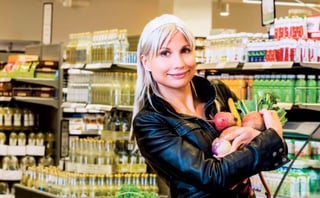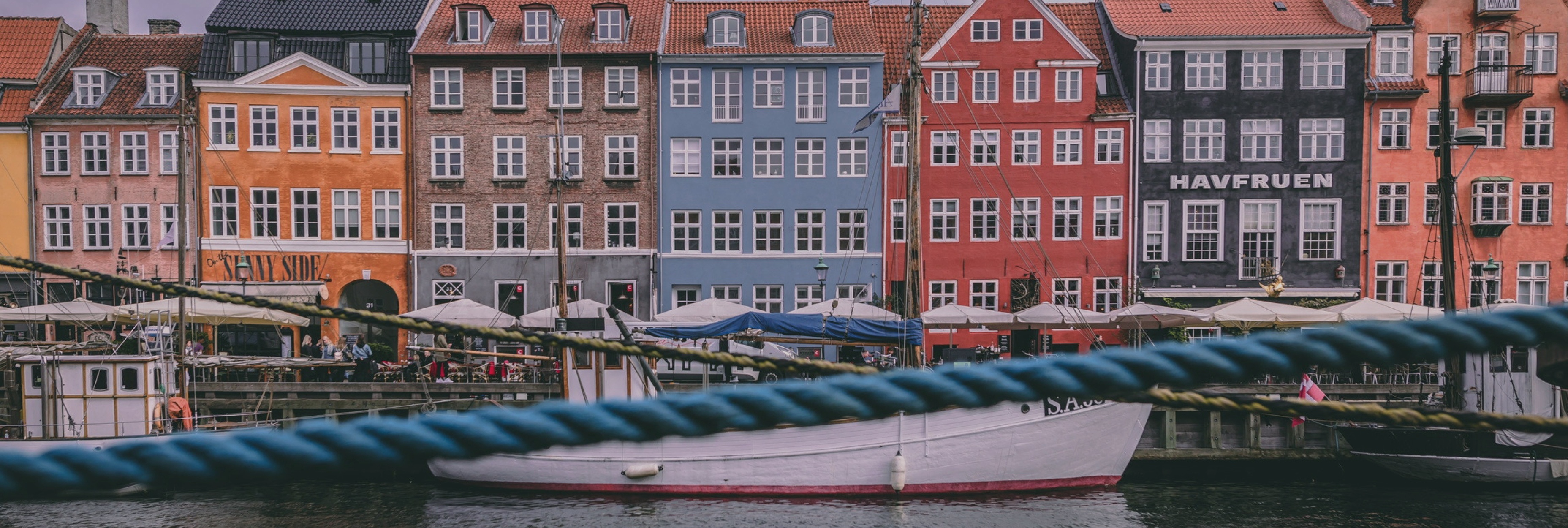While the great majority of countries have only begun to give importance to the issue of food waste, one nation has already stood out from the crowd.
Denmark has been crowned as the European Champion in food waste reduction, by some of the most important international media, such as the BBC and National Geographic.
According to a research by the Danish Agriculture and Food Council, Denmark has reduced its food waste by an estimated 25% in the past 5 years. This great achievement is largely down to a change in people`s mentality and behaviour.
In Denmark, there are new food waste reductions initiatives and startups popping up almost every month. The country has hundreds of awareness campaigns, hosts food waste supermarkets, food waste cooking school, and much more.
The world still wastes ⅓ of all the food produced for human consumption, costing us one trillion dollars. But, Denmark is showing a good example and the rest should take note.
Denmark has become a champion in food waste reduction, and the Danish hospitality sector has contributed to this success in three separate ways:
- The Danish have a leader
Her name is Selina Juul. She is a food activist and has been credited by the Danish Government for single-handedly helping the country reduce its food waste.
She was granted the Womenomics Influencer Award 2016, is included in the Who's Who of Denmark, and was named Dane of the Year for 2014. Recently, Selina gave an interview to the BBC that was viewed more than 22 million times, and has led to her receiving more than 400 emails a day from people wanting to follow her path.
 Originally from Russia, Selina began to care about food waste when she immigrated to Denmark as a teenager. Coming from a country that was going through recession, she was shocked by the amount of food available and being thrown away at the Danish` supermarkets.
Originally from Russia, Selina began to care about food waste when she immigrated to Denmark as a teenager. Coming from a country that was going through recession, she was shocked by the amount of food available and being thrown away at the Danish` supermarkets.
Tired of seeing food waste, she decided to take action by launching a Facebook group called Stop Spild Af Mad – which translates to English as Stop Wasting Food.
Now, Stop Wasting Food is Denmark's largest charity organization fighting against food waste. Led by Selina, the organization managed to convince Rema 1000, the country`s biggest low-cost supermarket chain to replace all its quantity discounts with single item discounts to reduce food waste.
By putting up the sign “taking me I'm single”, Rema 1000 reduced its waste of bananas by 90%.
“When this happened it was all over the press, government ministers contacted us, and I had to go and speak at the Danish Parliament, then the European Parliament and then the United Nations FAO congress. We won 26 awards and nominations” said Selina during an interview to a magazine.
- The Government supports the movement
In Denmark the Government has embraced the fight against food waste. Change can happen when government policies are applied. In June of last year, the Danish minister for food, Esben Lunde Larsen, launched a subsidy scheme to combat food waste.
A subsidy pool worth almost US $750,000 has been distributed to projects trying to tackle waste throughout the food chain, from production to consumption.
It was a serious commitment to help tackle the issue in the country, but the subsidy scheme wasn't the Danish food ministry’s first drive to reduce food waste. Previously, the ministry had already conducted campaigns to educate consumers about best-before and use-by labels. In Denmark, as long as expired food is clearly labeled and shows no sign of health risk, it’s legal to sell. Mr Larsen has also supported collaboration between food producers and kitchens so that “wonky vegetables”, which would otherwise be rejected, are used.
- The hospitality sector takes food waste seriously
Food Waste is not only bad for the environment but is also extremely costly to the hospitality sector. It costs the industry over $100bn per year.
In Denmark, the hospitality and foodservice sector is usually not afraid to serve its clients wonky fruits and vegetables, that would normally be thrown away. It helps reducing the amount of wasted food preventing it from ending up in landfills.
But the industry is doing a lot more than buying irregular shaped products. Over 300 Danish restaurants, canteens and cafes have ReFood labels in their windows, indicating to its customer that they are taking measures to reduce the issue of food waste.
The ReFood label was created in partnership with industry leaders and Selina Juul`s Stop Wasting Food. All the bags are labelled as “goody bags” instead of “doggy bags” to raise awareness and prevent people from feeling embarrassed to take food home.
We are great admirers of Denmark`s achievement of reducing its food waste in 25%. The Danish has showed us that hard working, creative initiatives, and the support of both government and industry leaders can led to significant reduction in food waste. Now, the rest of the world has the chance to adapt these valuable lessons.
What about you? Is your organization working to minimize the issue of food waste? How? Share your experience with us in the comments below.
Photo credit: Tim Trad via Unsplash
Photo credit: Andreas Mikkel Hansen











Comment on my blog